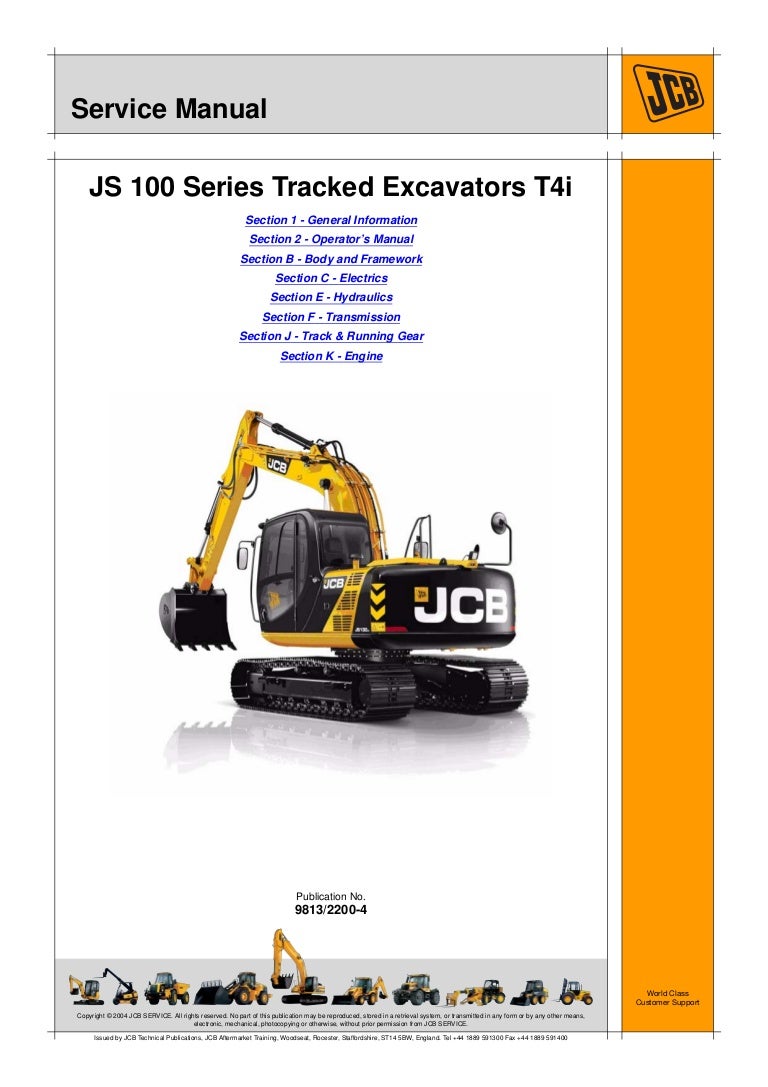

Contribution: We present evidence that the task of deriving a conceptual model is affected significantly by additional factors other than requirements notations. Yet, the second experiment indicates that the quality of the derived conceptual models is affected mainly by the derivation process and by the complexity of the case rather than the notation used. Results: The results of the controlled experiment indicate that, for deriving conceptual models, user stories fit better than use cases. We measure quality in terms of validity and completeness of the conceptual model. The second one is a quasi-experiment, conducted over multiple weeks, that aims at evaluating the quality of the derived conceptual model in light of the notation used, the adopted derivation process, and the complexity of the system to be.


The first is a controlled classroom experiment. Methods: This work relies on two experiments. We also examine other factors that may affect the performance of this task.
#Creation workshop 1.0.0.75 manual#
Objective: In this research, we investigate the adequacy of two well-known notations: use cases and user stories, as a starting point for the manual derivation of a structural conceptual model that represents the domain of the system. This uninformed choice may affect task performance. Currently, practitioners make a choice without having scientific evidence regarding their suitability for given tasks. Context: There are numerous textual notations and techniques that can be used in requirements engineering.


 0 kommentar(er)
0 kommentar(er)
